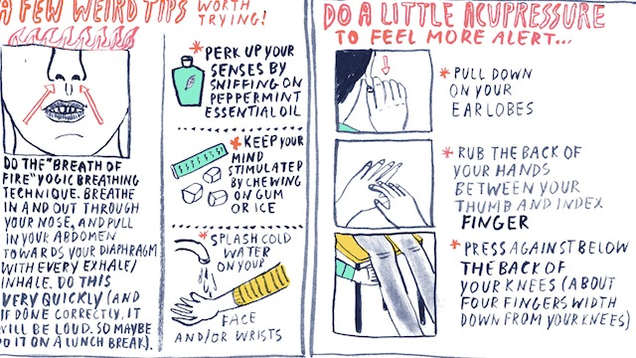
The guts of sleep-deprived flies had a dramatic buildup of ROS - highly reactive, oxygen-containing molecules that in large amounts can damage DNA and other components within cells, leading to cell death. Most tissues, including in the brain, were indistinguishable between sleep-deprived and non-deprived flies, with one notable exception. Control flies that had normal sleep lived up to approximately 40 days in the same environmental conditions.īecause mortality increased around day 10, the researchers looked for markers of cell damage on that and preceding days. When flies were housed at 29 degrees Celsius (84 degrees Fahrenheit), the protein induced neurons to remain constantly active, thus preventing the flies from sleeping.Īfter 10 days of temperature-induced sleep deprivation, mortality spiked among the fruit flies and all died by around day 20. They genetically manipulated fruit flies to express a heat-sensitive protein in specific neurons, the activity of which are known to suppress sleep. They found that flies can sleep through physical shaking, so the team turned to more sophisticated methods. To monitor sleep, the researchers used infrared beams to constantly track the movement of flies housed in individual tubes.
Longest person to stay awake series#
Spearheaded by study co-first authors Alexandra Vaccaro and Yosef Kaplan Dor, both research fellows in neurobiology at HMS, the team carried out a series of experiments in fruit flies, which share many sleep-regulating genes with humans, to search for signs of damage caused by sleep deprivation throughout the body. Efforts to answer how sleep deprivation culminates in death have primarily focused on the brain, where sleep originates, but none have yielded conclusive results. Previous research has shown that prolonged, total sleep restriction can lead to premature death in animal models. In humans, chronic insufficient sleep is associated with heart disease, Type 2 diabetes, cancer, obesity, depression, and many other conditions. Without enough of it, serious consequences ensue. Almost every known animal sleeps or exhibits some form of sleeplike behavior. Scientists have long studied sleep, a phenomenon that appears to be fundamental for life, yet one that in many ways remains mysterious. What we saw is that every time we could neutralize ROS in the gut, we could rescue the flies,” Rogulja said. Each morning, we would all gather around to look at the flies, with disbelief to be honest. “Even more surprising, we found that premature death could be prevented. We were surprised to find it was the gut that plays a key role in causing death,” said senior study author Dragana Rogulja, assistant professor of neurobiology in the Blavatnik Institute at HMS. “We took an unbiased approach and searched throughout the body for indicators of damage from sleep deprivation.
Longest person to stay awake full#
The results open new avenues of study to understand the full consequences of insufficient sleep and may someday inform the design of approaches to counteract its detrimental effects in humans, the authors said.

The findings suggest the possibility that animals can indeed survive without sleep under certain circumstances. Additional experiments in mice confirmed that ROS accumulate in the gut when sleep is insufficient. When fruit flies were given antioxidant compounds that neutralize and clear ROS from the gut, sleep-deprived flies remained active and had normal lifespans. In a study on sleep-deprived fruit flies, published in Cell on June 4, researchers found that death is always preceded by the accumulation of molecules known as reactive oxidative species (ROS) in the gut.

Now, Harvard Medical School (HMS) neuroscientists have identified an unexpected, causal link between sleep deprivation and premature death.

Yet, despite decades of study, a central question has remained unsolved: Why do animals die when they don’t sleep? While it has been reported in humans only anecdotally, a widely cited study in rats conducted by Chicago-based researchers in 1989 showed that a total lack of sleep inevitably leads to death. Total, prolonged sleep deprivation, however, can be fatal. Far fewer people have experienced the effects of prolonged sleep deprivation, including disorientation, paranoia, and hallucinations. There’s tiredness and fatigue, difficulty concentrating, perhaps irritability or even tired giggles. The first signs of insufficient sleep are universally familiar.


 0 kommentar(er)
0 kommentar(er)
